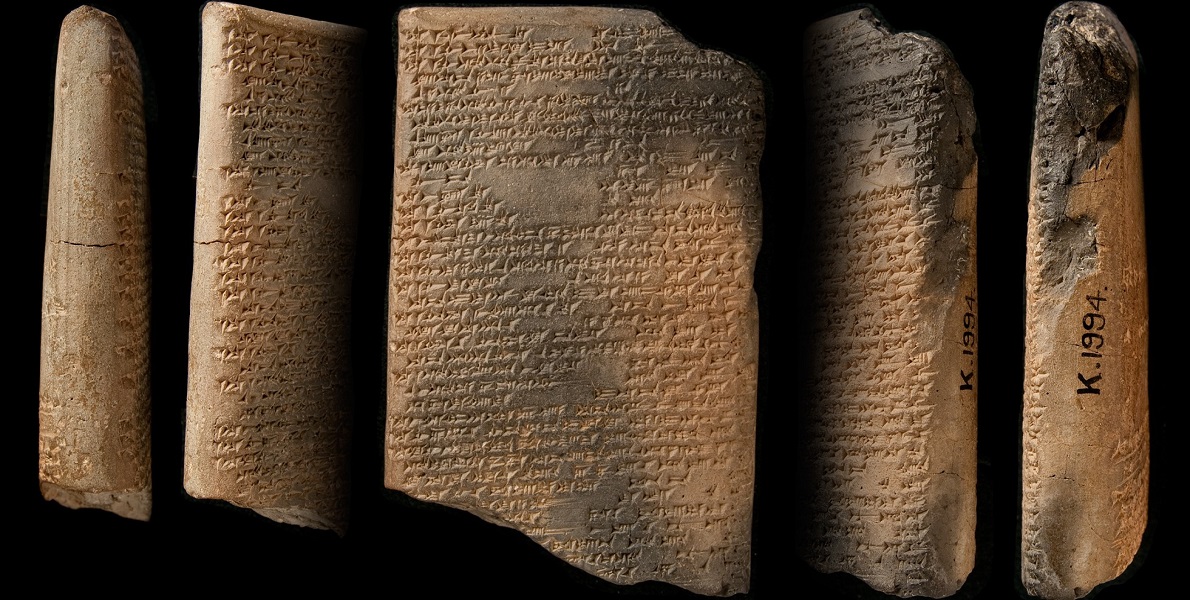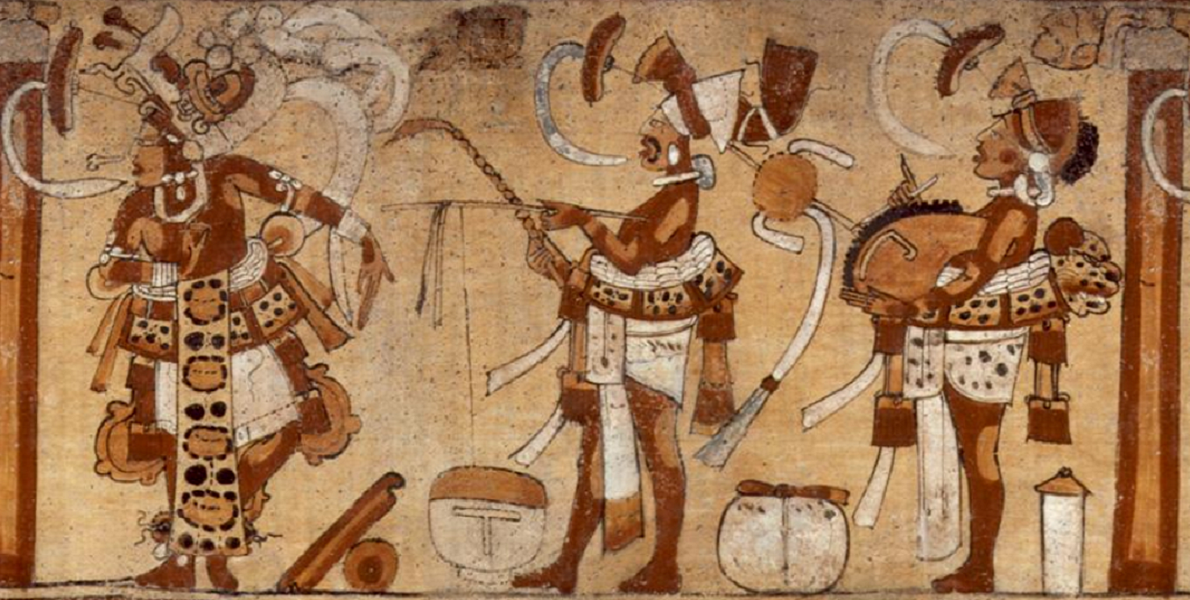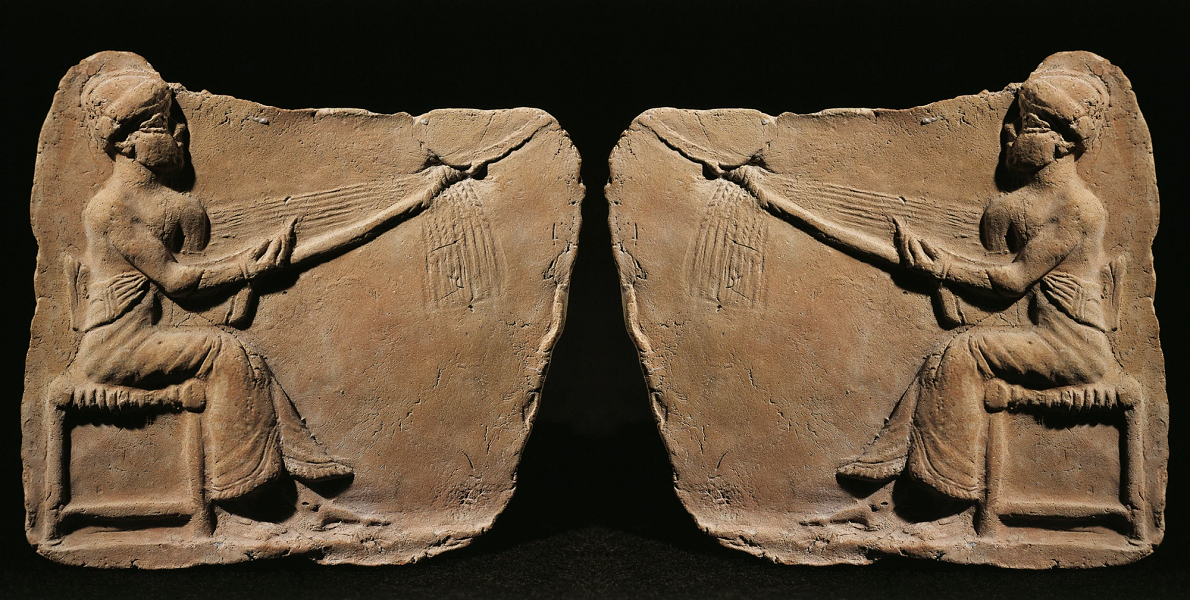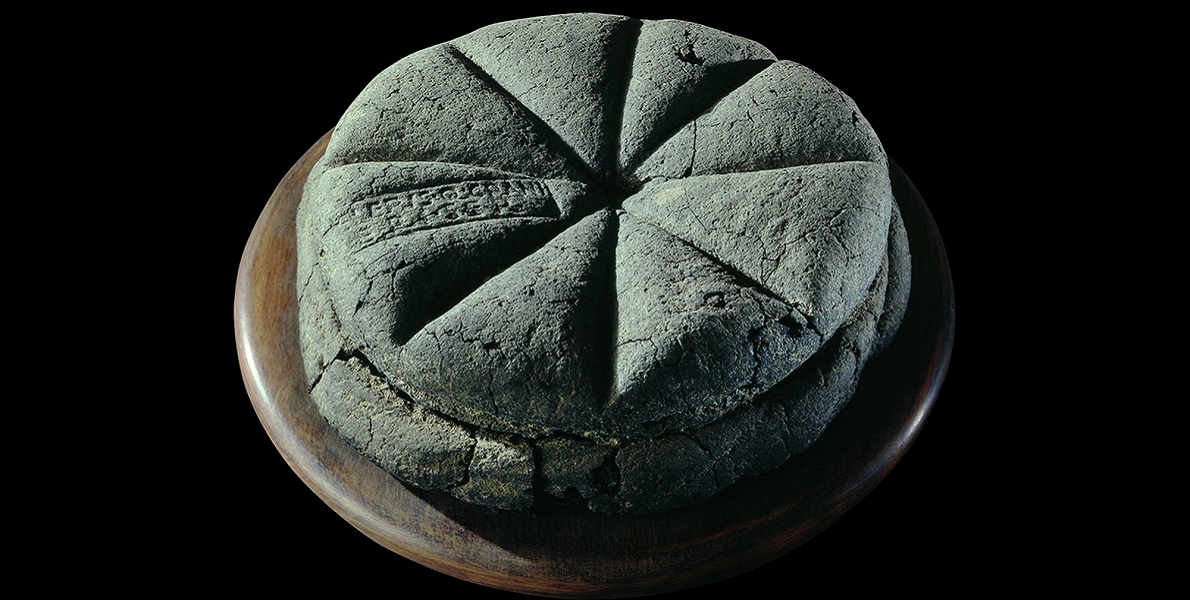Learn More about the Ancient Practices Program
Main Content





The pyramids at Giza were built roughly 4500 years ago. Despite nonsense you might occasionally hear, they were built by ordinary people, just like you. That is, ordinary people with an extraordinary talent for solving problems.
You probably don’t think about it much, but the world is filled with evidence of the accomplishments of people who lived in the distant past. You're reading this because people that lived thousands of years ago invented writing, and math. You’re alive because someone thousands of years ago figured out that it was better to plant crops than to forage on what grew naturally and invented agriculture - which meant that the human population could expand. Our ancestors learned how to extract metals from rocks. They created weaving and navigation, domesticated animals and found ways to build ships that could take them across oceans. They played music and invented literature, theater and art. The things you eat and drink, even the styles of clothes that you wear can be traced back thousands of years. Pretty much everything we depend on and take for granted today has its roots in the distant past.
Sometimes solving the problems people faced in the past was a matter of survival. Other times they were simply trying to make their lives more comfortable and enjoyable. In either case, their solutions were creative and clever and there is much we can learn from understanding how they accomplished what they achieved. The Ancient Practices program was developed to give you the opportunity to explore aspects of how people lived that past – to learn more about how people coped with the challenges that they faced every day, without the benefit of modern gizmos and gadgets.
We understand that you have your own interests and that you came here to work towards your own future. We also know that there are already a lot of demands placed on you that you need to satisfy to complete your own degree. So we designed this program to work with you. Most of the requirements of the Ancient Practice minor can be satisfied while also simultaneously satisfying other requirements. Which means that in most cases you should be able to complete the minor without adding a lot of “extra” courses to your load. Most of the 9 hours of course work can be completed while also satisfying State and university Core Curriculum requirements - things you need to do anyway. We’ve provided details of each of the courses you can choose from here, or you can follow the navigation menu at left. You have a wide variety of types of courses to choose from, so you can choose those that are of most interest to you.
The capstone requirement for the minor is 3 credit hours of a senior project. You can find more details about that on its own page, but that too can usually be completed while also working towards your own major.
And when you’re done, you’ll walk away with a unique qualification that will help differentiate you from your peers after you leave SIU. You’ll have your degree, and a minor in Ancient Practices that will make people — including prospective employers — ask “what’s that about?” It will set you apart, and help you get noticed. And it's something you can’t get anywhere else.
If you still have more questions, contact us by clicking here, or follow the link under Contact Information on the menu at left, and we can set up a time to meet (in person or remotely). We're looking forward to hearing from you!

